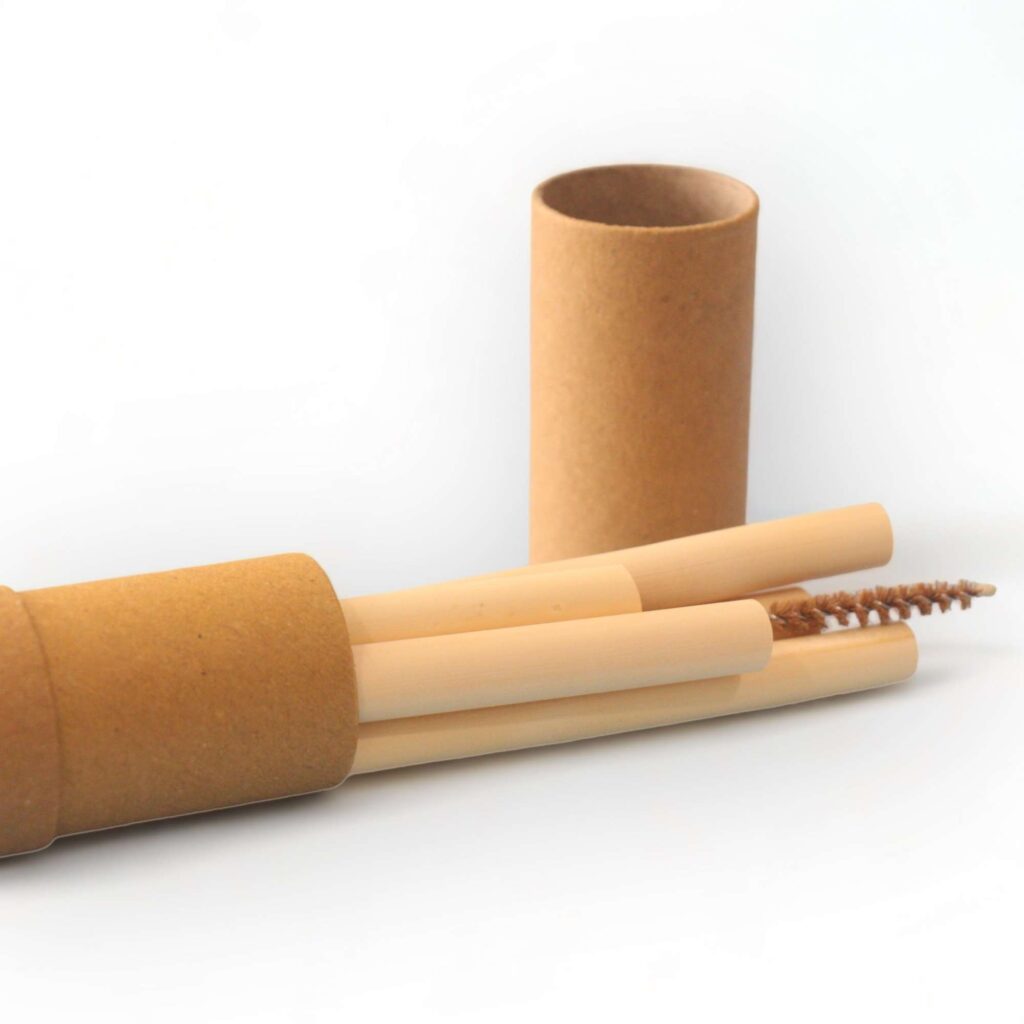India is the second-largest producer of fruits and vegetables in the world, however, 40 percent of the produce goes to waste during transport. “The problem seemed to stem more from infrastructure rather than behaviour,” Deepak Rajmohan points out as he explains the gap driving the R&D at GreenPod Labs.
Flashback to 2009, Deepak was about to join college. He knew he wanted to do something out of the ordinary—ordinary back then was computer science or mechanical engineering. So, when he got an admit to the agricultural engineering course in CEG, Anna University, he grabbed the opportunity. “Neither my parents nor my grandparents were agriculturists,” narrates the entrepreneur, “I had absolutely no background in this field. That’s what made me appreciate the course structure even more!”
During his four-year degree, he developed a passion for the agricultural sciences and left for Oklahoma State University to pursue a master’s degree in the food sciences. His focus narrowed down to food waste and by-products with industrial experience across food segments from wineries and breweries to yogurt.
Although Deepak was a part of the Startup Center in Chennai where he participated in pitchfests and networked with peers, his move to the US gave him opportunities that would connect him to the world of entrepreneurship even more. He very soon found himself actively participating in an entrepreneurship club where he competed in competitions, interacted with founders of startups and eventually began reading up on how he could build his own.
By 2019, Deepak knew that he had to return to his hometown to do his part to solve the food wastage in the country. Filled with enthusiasm, the young entrepreneur jumped into starting his new company. Within two months, he realised that starting a company would require him to expand his skillsets. “Back at Dannon Yogurt, I worked primarily on product development and R&D with a small team,” he recalls, “Starting my own company meant that I had to learn how to build a team, manage finances, talk to potential customers, onboard advisors, pitch to investors—everything was new!” The R&D work that he was all too familiar with was only a small part of the process in comparison. Nevertheless, the young entrepreneur treaded the unfamiliar territory with an eagerness to learn.
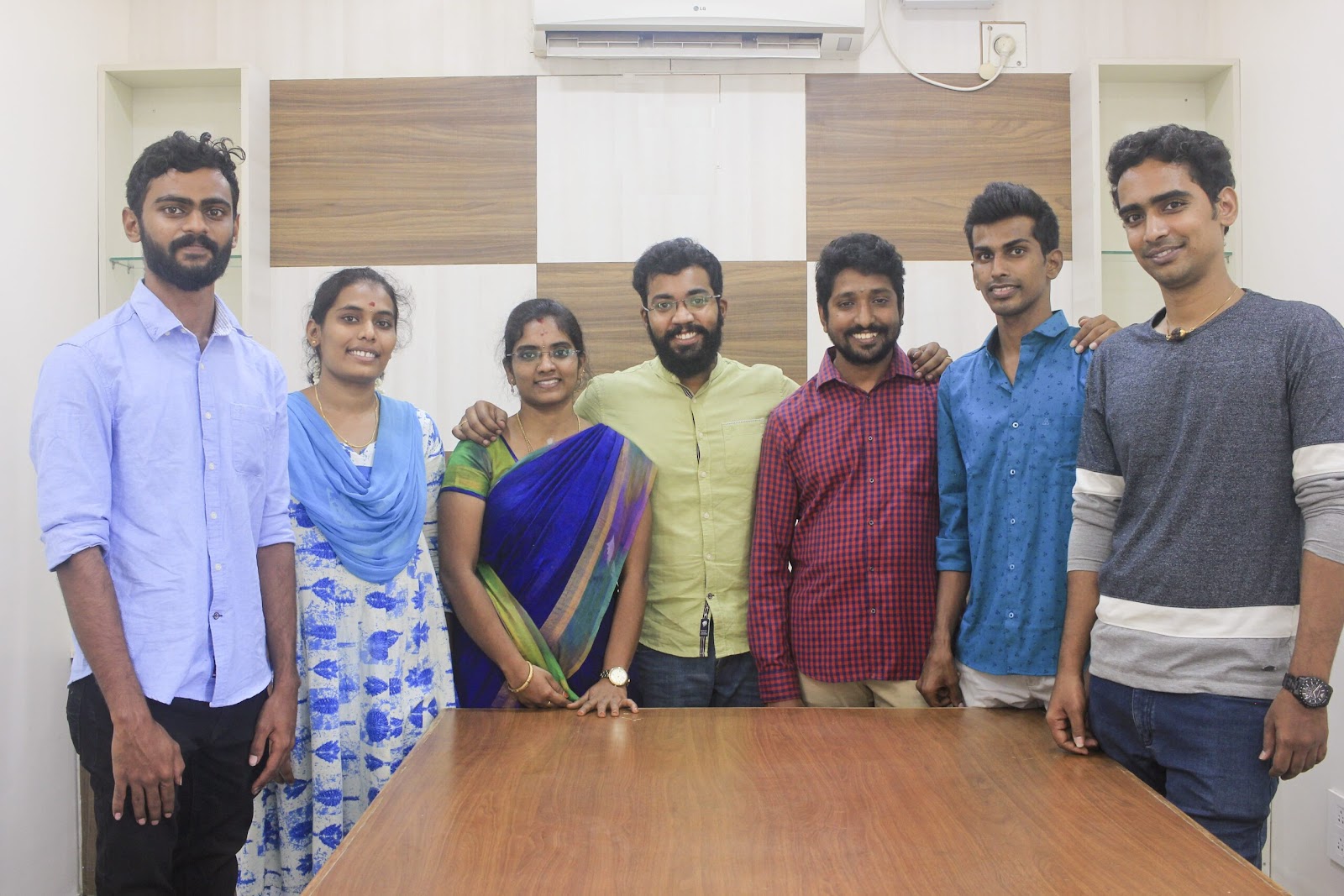
He partnered with his friend of fifteen years, Vijay Anand who took up responsibility for operations while he focused on R&D. Through a series of interactions the duo identified aggressive talent who were willing to stick with the team for the long run. Eventually, GreenPod Labs grew into an intimate team of ten, consisting of the founding partners, R&D scientists and operations engineers.
The team started with R&D where they understood every crop, its shelf life, requirements and physiology in order to develop a solution that can only be prescribed to that crop. The key was to use natural plant extracts to activate the in-built defence mechanism of the crop, thereby increasing its shelf life. The end product would resemble a silica gel sachet that one would find in a new leather bag or shoes.
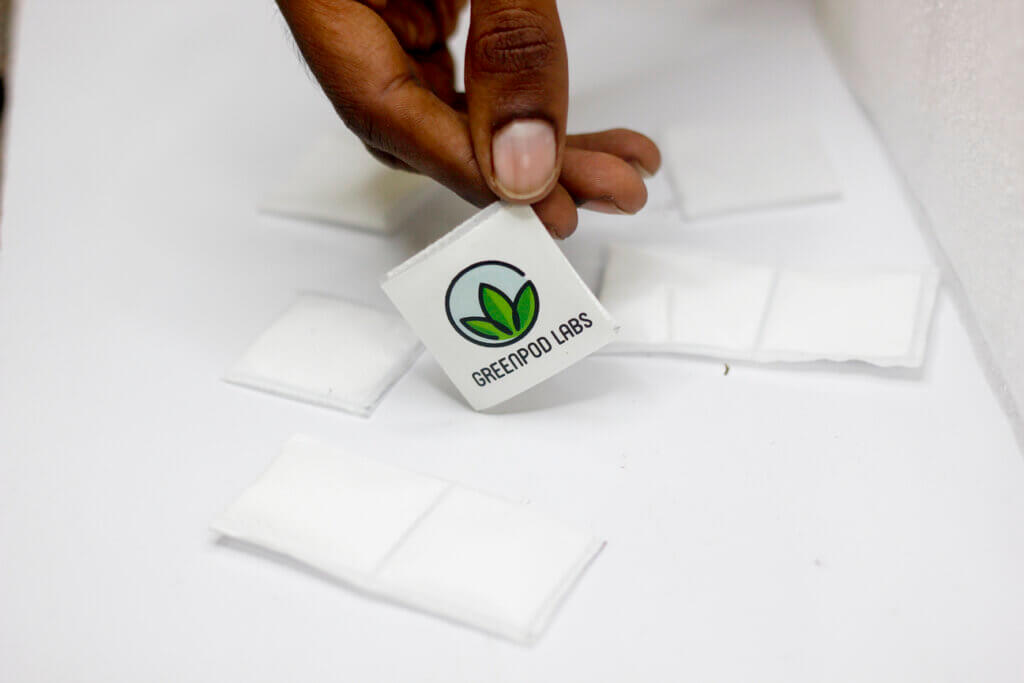
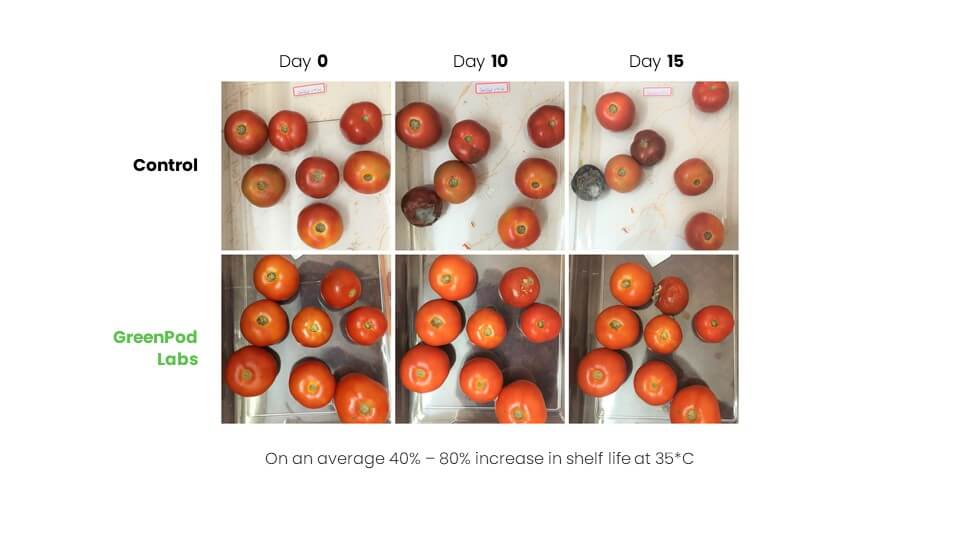
Partnering with institutions for research proved to be a challenge for the startup, “We tried from our end,” he adds before explaining the difficulties of navigating through the system that forced them to stay within their spectrum. “Nevertheless, the team at GreenPod Labs was supportive and we made it work using third-party laboratories.”
GreenPod Labs kickstarted operations with the help of a few government grants. “Certain government policies proved to be beneficial during the early stages of our startup, however, the entrepreneurship support system is still at a very early stage,” explains the founder. Deepak then turned to accelerators and incubators both in India and Europe. “I was a part of the Rockstart, a European accelerator, where I learned a lot from mentors,” explains the founder who had now stumbled upon a resource that would constantly quench his curiosity in the realm of entrepreneurship and agri-tech (that had multiplied manifold since the inception of his startup).
“The chances of finding investors for biotech companies is pretty low in Tamil Nadu, moreover companies, like us, in agri-biotech have slimmer chances of finding investors in the state,” reveals the founder stating that he had to turn to investors in Europe, the US and Singapore.
The company received its first round of funding from Rockstart and the Indian Angel Network between 2020 and 2022, overall, resulting in a seed investment of about 4 crore rupees.
GreenPod Labs has solutions for figs, strawberries, tomatoes and mangoes with a B2B customerbase focused on farmers, farmer cooperatives, ecommerce platforms, retailers, distributors and exporters. “We’ve tried to make the product as cost efficient as possible with the average sachet costing about twenty rupees for 20kg if produce,” he explains, ”However, the sachets for strawberries and figs are a bit more expensive because of the value it adds.”
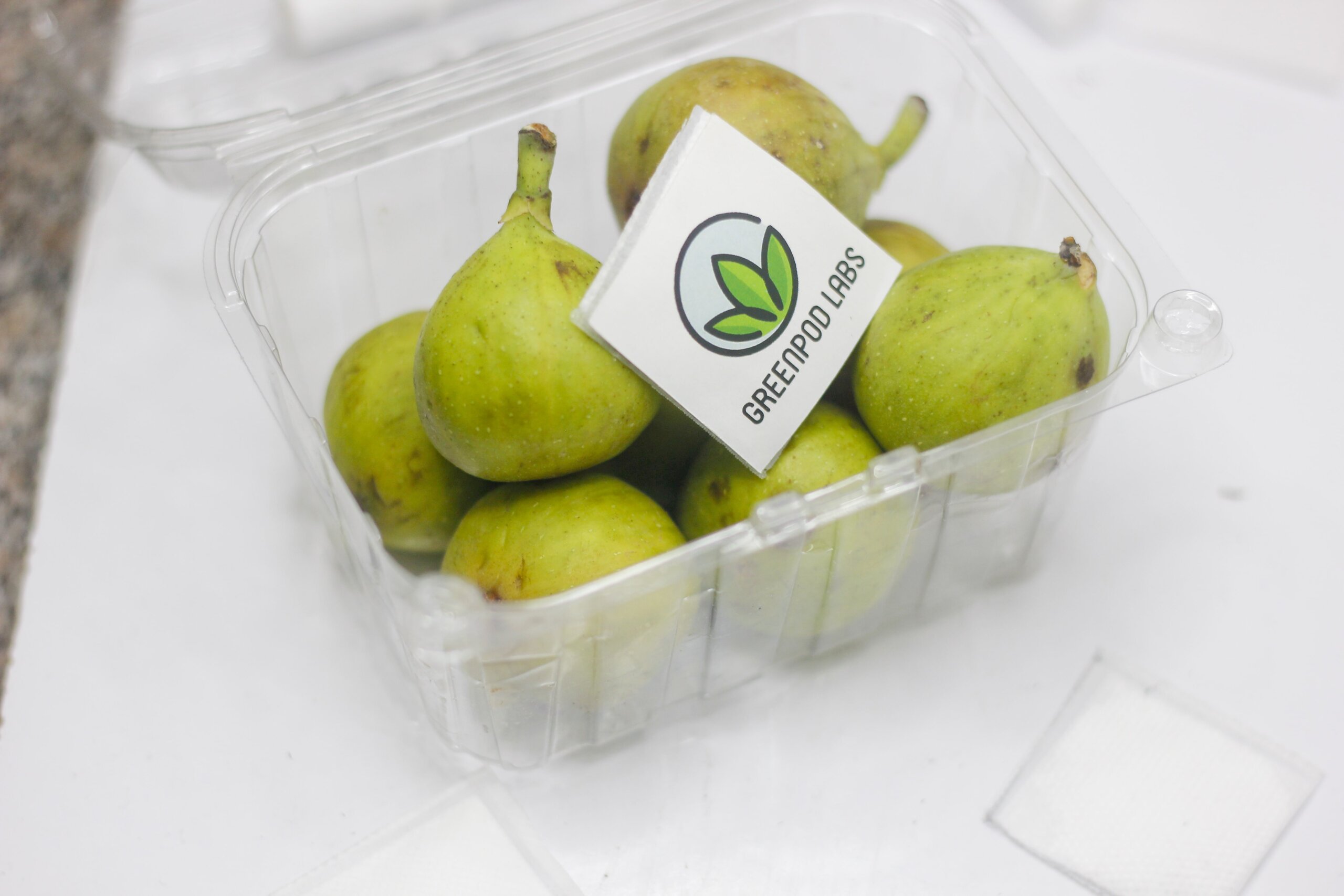
As the company grows it aims for a vertical expansion to other developing countries in Asia and Africa and a horizontal expansion of its product line to other fruits, vegetables, grains and potentially milk and meat. The first three years saw a growing passion towards the problem statement, a driven team and a well adapted customer base building initial traction. GreenPod Labs is merely at the beginning of its journey towards its vision to reduce food waste and losses by 50% in India within the next seven years while contributing to the United Nations’ sustainable development goal of reducing food waste by half before 2030.






